Blogs
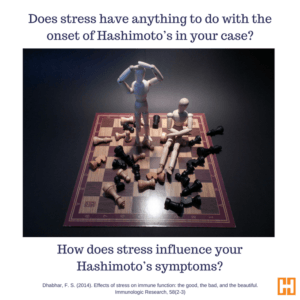
Does stress has anything to do with the onset of Hashimoto’s?
Short-term stress can increase the expression of immunoprotective (e.g. wound healing, anti-infectious, anti-tumor) or immuno-pathological (pro-inflammatory, autoimmune) responses. From the other side, chronic stress can
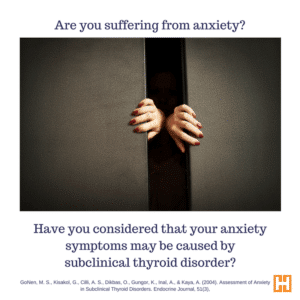
Subclinical thyroid disorder and anxiety
Important complications of the subclinical thyroid dysfunction are related to cardiac, bone metabolism and neuropsychiatric disorders. Two-thirds of patients with thyroid disease are reporting having
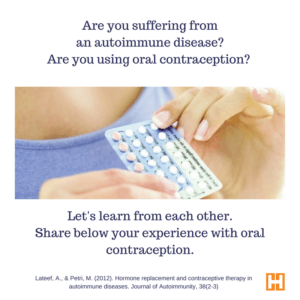
Using oral contraception while having autoimmune disease
Many autoimmune diseases are more prevalent by women. Effective contraception, either hormonal or non-hormonal is essential in young patients with autoimmune disease. Despite this need,
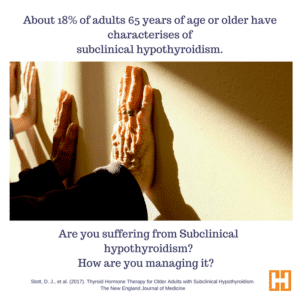
About 18% of adults 65 years of age or older suffer from subclinical hypothyroidism.
Subclinical hypothyroidism is defined as elevated thyroid stimulating hormone (TSH) and a serum free thyroxine level (free T4) within the reference range. Most patients with
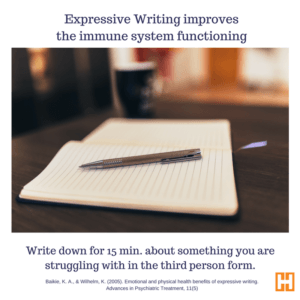
Expressive writting improves immune functioning
The benefits of writing about traumatic, stressful or emotional events has been found to result in improvements in both physical and psychological health, both in
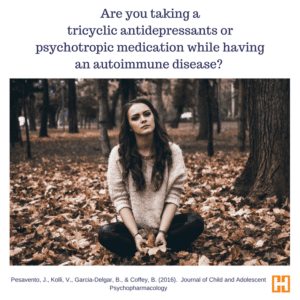
Are you taking medication for your depression while having autoimmune disease?
Hypothyroidism (above 90 % of those with hypothyroidism are having Hashimoto’s) and mood disorder often manifest together. In such cases, pharmacological management can be complex
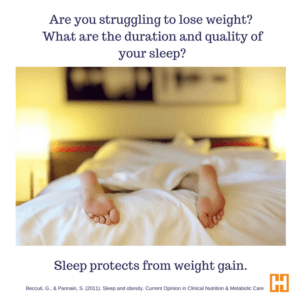
Sleep protects from wait gain
We need on average about 7.5 hours of quality sleep per night. Sleep loss results in metabolic and endocrine changes including: – decreased glucose tolerance:
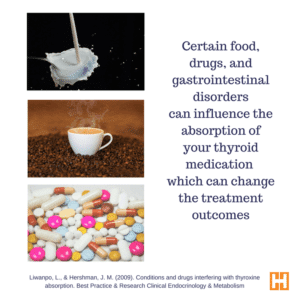
Certain food, drugs, and gastrointestinal disorders can influence the absorption of your thyroid medication
Certain food, drugs, and gastrointestinal disorders can influence the absorption of your thyroid medication (levothyroxine) which can change your treatment outcomes The absorption of levothyroxine
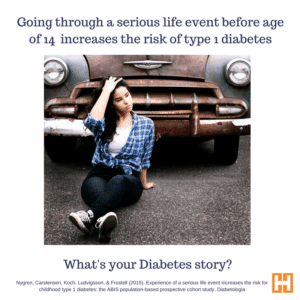
Have you experienced a serious life event before age of 14?
When a child experiences a serious life event (e.g. death and illness, divorce/separation, conflicts between adults, new adult in the family, unemployment) at any time
